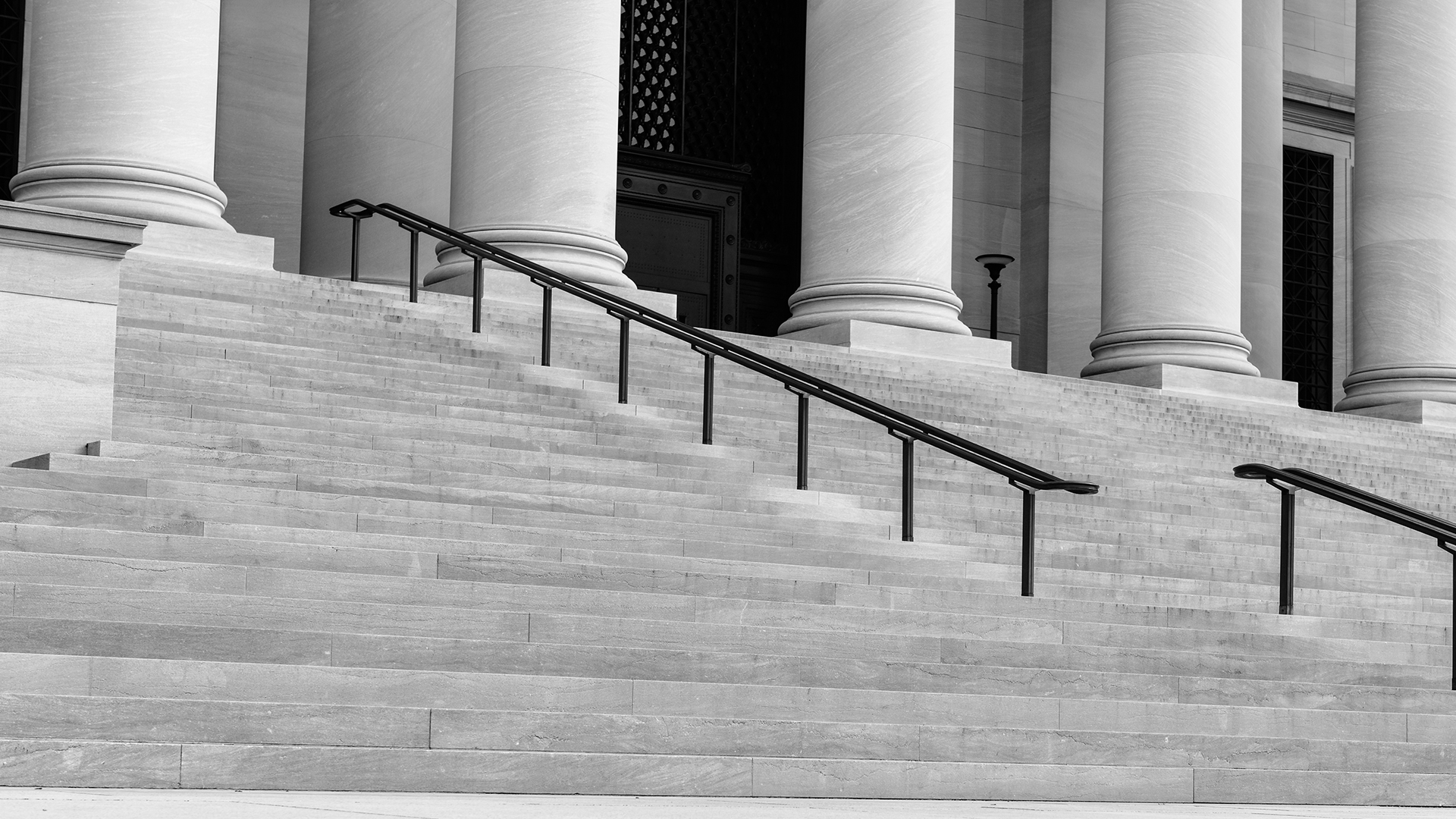Updated: March 24, 2020
In the wake of the coronavirus (COVID-19), some sellers of essential goods and services have tried to greatly increase the cost of their products to take advantage of increased demand. But sellers beware: Public officials all over the country have expressed a willingness to prosecute price gougers and companies that may facilitate sales of goods with inflated prices.
The federal response
On March 23, 2020, President Trump signed an executive order “to prohibit the hoarding of vital medical equipment and supplies such as hand sanitizers, face masks, and personal protective equipment.” Under this presidential directive, the “Secretary of Health and Human Services is authorized to designate essential health and medical supplies as scarce,” and “it will be a crime to stockpile these items in excessive quantities.” The goal of this executive order is to “prevent price gouging” and protect “critical health and medical resources…in every form.”
Representatives Jason Smith, R-Mo., and Josh Gottheimer, D-NJ, proposed a bill that would “prohibit companies and individuals from selling goods and services at an ‘unconscionably excessive price’ during national emergencies.” The penalties are steep: Price gougers could serve up to five years in prison or incur up to a $1,000 fine.
The state response
At the state level, many State Attorneys General (“AGs”) initiated highly-publicized crackdowns on price gougers. Most states have the benefit of price gouging statutes, which gives State AGs the authority to prosecute violators. Many AGs in these states have issued stern warnings to potential price gougers. For instance, Texas Attorney General Ken Paxton stated, “No one is exempt from price gouging laws in Texas,” and those who violate the Texas price gouging statute (the Deceptive Trade Practices Act) will be “met with the full force of the law.”
The 14 states that do not have a specific price gouging statute have taken different approaches to potential price gouging. Some states have introduced price gouging legislation; while others have relied on executive orders from their governors. Despite different state coping mechanisms, one thing is clear: State AGs are at the forefront of investigating and prosecuting instances of price gouging.
Warning: Don’t facilitate sales by price gougers
As the COVID-19 pandemic continues to unfold in the United States, businesses will be under an increasing amount of scrutiny to avoid price gouging practices and ensure that they are not doing business with price gougers. Like COVID-19, unwanted association with price gouging can spread. State AGs have already sent letters to online marketplace operations, asking them to be “more vigilant against price gouging on their platforms.” While public enforcers have historically had a difficult time making cases against online marketplace operators for the actions of the third parties who list on them, significant reputational risk is also likely in play for these entities.




